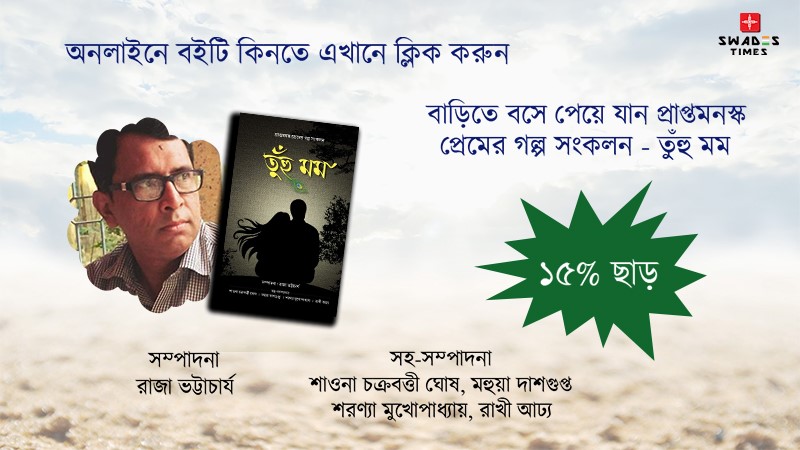Internet-based education has undergone a big boom now, thereby boosting the economy to a greater extent. In a country like India, Edtech start-ups have contributed not only to the job market, but also to the upliftment of the quality of education for the Indian students. However, there is a major loophole in the process of certification, in most cases, the companies; even the big players in the market, like, Coursera and Udemy only provide a certificate in PDF format.
Now this certificate can be easily forged or manipulated, the name of the student can be easily changed. Hence, there is a need for a proper authentication mechanism to check the validity of the certificate generated in a PDF format. Finding a solution to this problem, a duo from Heritage Institute of Technology, Agnish Ghosh and Rajarshi Paul , both B-tech students invented a web-based application ‘DeCert’ which is based on the core-principles of block-chain technology, encryption and network security.
Using the ideas of non-fungibility and tokenisation, the students have managed to create an interface which tokenises the PDF certificate data. The idea of tokenization works in encrypting the PDF certificate’s data and distributing it over a decentralized block-chain network, in such a way that every time a user wants to access the certificate data, there is a need to render the information from the network. In this process, the data undergoes an immense level of security, preventing copyright infringements, forgery and fraud.
The application had won at HackSVIT, a national level Hackathon organised by Sardar Vallabhai Patel Institute of Technology (SVIT) on April 29.
ADVERTISEMENT

The hackathon was sponsored and partnered by Major League Hacking which is a talent-acquisition division of Meta Platforms. This was the only offline hackathon, organised by Major League Hacking in the Indian subcontinent.
There were over 980 selected registrations for the offline event, over 600 submissions of projects in their online platforms, and finally 115 teams competing in the final event with about 500 programmers from all across the country.
The Hackathon had duration of 36 hours at a stretch. Here the participants had to program and assemble their ideas into websites, applications and software prototypes. The organisers provided all the infrastructural support to the participants.
There were 3 rounds of mentoring, where computer scientists, start-up founders, and other company leads mentored the participants about the product and tech stack they used. In between those three rounds, there were two rounds of judging where the participants had to pitch and demonstrate their products in front of the judges.
“Usually, every other team had a strength of 3-6, but we had just two, myself and Rajarshi, but somehow we managed to work our souls out and get the product ready 3 hours before the final code push.
“On this National Technology Day, on behalf of the entire Heritage family, we recognised the valuable invention Ghosh and Paul had made which not only won the first prize in a national level Hackathon but also will contributed in solving a major problem faced by the entire nation,” said. P.K.Agarwal, CEO, Heritage Group of Institutions.




0 comments